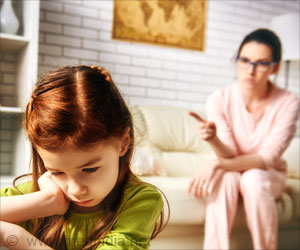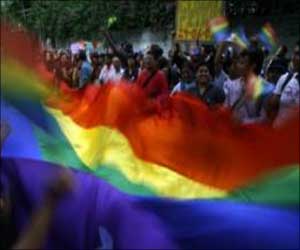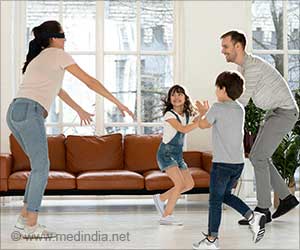Levels of stress, anxiety and fear are significantly high among teenagers who identify as lesbian, gay, bisexual, transgender or queer, according to recent survey.

‘A survey of LGBTQ teenagers across the United States the persistent challenges faced by them in their daily lives at home, at school, and in their communities.’





The survey found that teenagers who are lesbian, gay, bisexual, transgender, and queer are not only experiencing high levels of stress, anxiety, and rejection, but also overwhelmingly feel unsafe in their own school classrooms. LGBTQ young people who participated in the survey also made it clear that supportive families and inclusive schools are key to their success and well-being.The researchers found that:
- 95 percent of LGBTQ youth report trouble sleeping at night
- 77 percent of LGBTQ teenagers surveyed report feeling depressed over the past week on average; more than 70 percent report feelings of worthlessness and hopelessness in the past week
- LGBTQ youth of color and transgender teenagers report the highest levels of rejection and isolation - only 11 percent of youth of color surveyed believe their racial or ethnic group is regarded positively in the U.S.
- 50 percent of trans and gender expansive youth said they never use school restrooms because they are unable to access those that align with their gender identity
- Only 26 percent say they always feel safe in their school classrooms - and just 5 percent say all of their teachers and school staff are supportive of LGBTQ people
- 67 percent report that they've heard family members make negative comments about LGBTQ people
The results highlight the challenges facing LGBTQ youth, particularly transgender young people and people of color, who have experienced efforts at the national level in recent years to undermine their rights.
"When this administration rescinds guidance protecting transgender students, or when lawmakers attempt to grant a license to discriminate to schools, colleges, and universities, it sends a dangerous message to young people across the nation," says HRC President Chad Griffin. "Now more than ever, it is crucial for each of us to do all we can to protect LGBTQ youth and ensure they feel valued, equal, and loved."
The research also points to some positive trends illuminating the resilience of LGBTQ young people - even in the face of an often difficult reality:
Advertisement
- 91 percent of youth report feeling pride in being an LGBTQ person, and 93 percent are proud to be a part of the community.
- Three out of five LGBTQ students have access to a LGBTQ student club - which has been shown to have a positive impact on the perceptions LGBTQ youth have of their school experiences, and can provide support to those who may face hostile environments at home or in their communities.
Says UConn's Watson, "This collaboration has the potential to shape prevention, intervention, and treatment related to school and family experiences, weight-related health, and victimization of LGBTQ youth."
Advertisement
Source-Eurekalert















